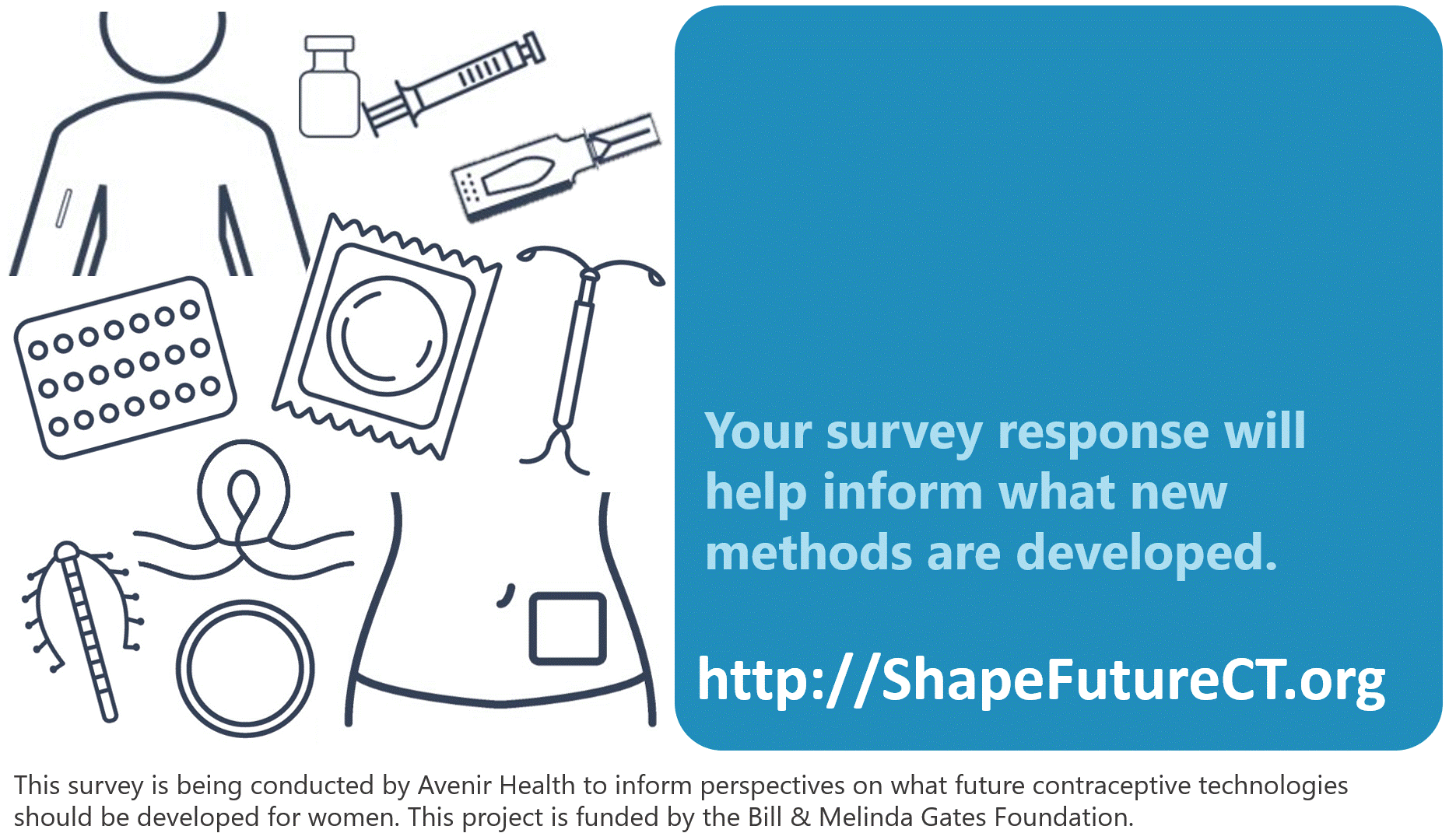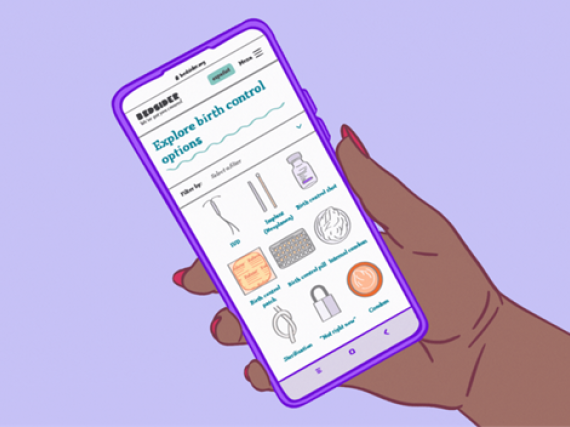Advancing Birth Control Research
People use birth control for a variety of reasons such as planning and spacing pregnancies or reducing painful period symptoms, and just as their reasons for wanting to use birth control vary, so too does the type of method they prefer. IUDs, pills, patches, condoms, and all other birth controls have pros and cons that weigh differently for everyone. Even within one type of method, some may prefer one brand over another. Plus, finding a method isn’t a one-time decision. The kind of birth control a person uses can impact their life in a lot of ways, so it makes sense that as people grow and their lives change, their ideal method may change too.
While more than a dozen types of birth control already exist, new forms are currently being developed and studied that may add more choices to the market and better suit the needs of some. However, it’s unlikely that one type of contraception will ever work best for everyone.
Avenir Health, a global health organization, is currently working on a project, Linking Projections, People, and Prototypes, to better understand people’s needs and desires around birth control. Funded by the Bill & Melinda Gates Foundation, they hope to shape the future of research into new methods by surveying a diverse group of people across the world.
This project seeks to learn not only people’s current preferences and thoughts around birth control, but how they’re likely to evolve in the next 20 or so years. Research into all new technologies takes time and while new contraceptive methods are being conceptualized and created now, it could be decades before a new type of birth control becomes available on the market.
Through previous research, Avenir believes that shifts will occur in areas such as desired family size, when people want to start their families, and marriage patterns. Because what’s technologically feasible and what people want from their birth control may be two different things, all of these factors are important as they will likely affect not just individual’s decisions around choosing a birth control, but what birth controls are available to choose from.
Uniquely, Avenir’s survey is approaching the future without a specific type of birth control, such as a LARC, in mind. By being method agnostic, they can more easily focus on broad preferences and potential trade-offs between different method characteristics. All survey participants are asked to make a set of 10 choices; for each they will be shown three profiles with different method types and asked which is preferred. They are also asked to consider trade-offs such as:
Would you be willing to tolerate some spotting for a method that had no effect on your mood?
Would you be willing to take a method every day if it had more limited side effects, or is having a long-lasting method the more important?
Would you prefer a daily pill with no side effects or a monthly pill with some side effects?
By combining the data they collect, Avenir hopes to find patterns in preference and trade-offs for people living in different geographic regions and at different life stages that can be compared and analyzed. These results will then be used to estimate interest in and impact of new contraceptive technologies, which can help companies developing new types of birth control to best understand how to direct their resources so that the new methods they’re working on better meet the needs of people everywhere.
You can find Avenir’s survey at: ShapeFutureCT.org. Take it yourself and share it with your network to contribute to the future of contraception.



